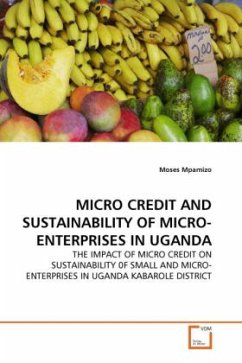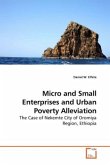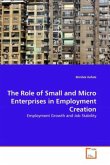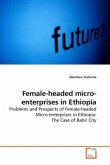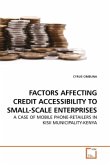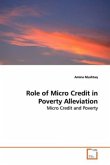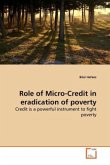Micro finance in Uganda targets the economically active poor including the self- employed who are involved in micro and Small-enterprise.Micro credit is not a new phenomenon as it is as old as man only that now it has taken a different form due to modernization by making it commercial in nature. Micro finance institutions provide micro credit to the MSEs to improve on their working capital consequently increased investment hence profitability. Micro and small enterprise play a vital role in any Economy and that is why the government of Uganda has been injecting resources into this sector in view of envisaging economic growth and development. Nevertheless, the sector has remained without visible signs of growth. This Book examine the economic impact of micro credit on the sustainability of MSEs in terms of Accessibility to micro credit, interest rate and the repayment frequency in Uganda in particular Kabarole District.
Bitte wählen Sie Ihr Anliegen aus.
Rechnungen
Retourenschein anfordern
Bestellstatus
Storno

